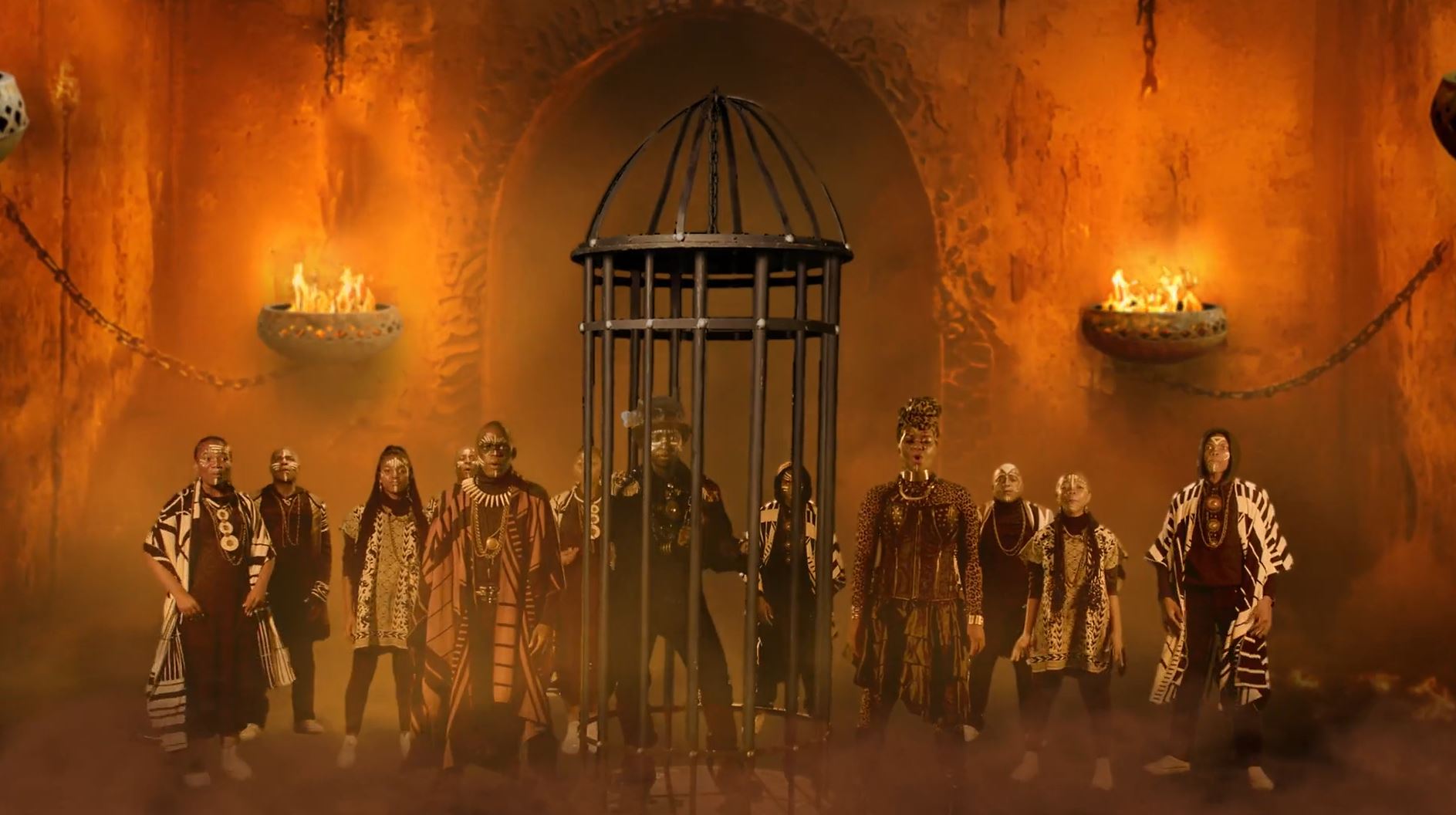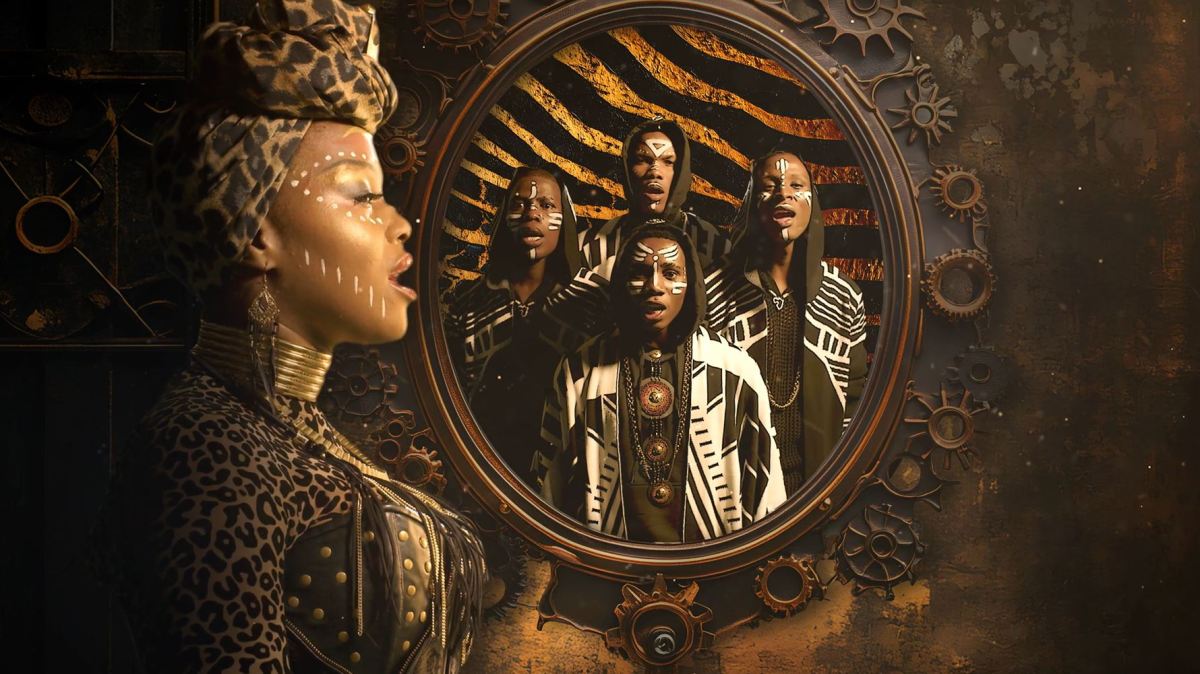Freddie Mercury never returned to the African country of his childhood. Born in Zanzibar and exiled by revolution, the singer might, however, have been pleased by an unexpected turn of events this week. “Do what you want with my music,” he once noted. “Just don’t make it boring.”
There is little chance of that with the Ndlovu Youth Choir, a township group from South Africa who, half a century after the release of Bohemian Rhapsody, have given Queen’s masterpiece an African voice.
In the first translated recording ever authorised by the rock band’s surviving members, the choir have attempted to maintain the sweep and drama of a six-minute original that Queen’s record company once insisted would never be a hit.
Have a listen:
Some of Mercury’s famous lyrics defy translation into isiZulu, the language of the choristers, judged as either too distinctive to alter or beyond accurate translation without disrupting the rhythmic flow.
Getting permission to record Queen’s most defining work in their mother tongue took the choir years. “Translating lyrics can be tricky and it is easy for messages of a song to get lost along the way,” the choir’s director Ralf Schmitt said.
Since Mercury never explained what he meant by the lines such as “Mama, just killed a man, put a gun against his head, pulled my trigger, now he’s dead” and “I see a little silhouetto of a man”, it was speculated that it was the singer’s way of signalling his homosexuality at a time when few musicians dared to do so.
The choristers who wrote their lyrics stuck to a literal translation with help from Sipho Sithole, an academic on isiZulu and African languages, that was eventually signed off by Queen’s guitarist Brian May, the drummer Roger Taylor and the Mercury Phoenix Trust.
Set up in 2009 in Moutse, a village 110 miles north of Johannesburg, the Ndlovu choir began as an after-school activity in a rural area where the youth are stifled by poor education and a lack of jobs.
The choir rose to international prominence in 2019 by reaching the final of America’s Got Talent — which despite its name, regularly features international acts — and has toured widely since then. Simon Cowell, the head judge, called the choir “the nicest group of people we’ve had on this show for years”.

The choir found fame on America’s Got Talent
Its take on Bohemian Rhapsody draws on African traditions, blending township styles such as isicathamiya with the Congolese swing of kwassa kwassa, Schmitt said, while expanding the call-and-response passages that Mercury built into the original — a device rooted in African music and perhaps echoing the performer’s own childhood on Zanzibar.
Born Farrokh Bulsara in 1946 in Zanzibar, then a British protectorate and now part of Tanzania, Mercury was sent at the age of eight to a boarding school in India, seeing his parents and sister only once a year. At 18, he and his family fled the island during the 1964 revolution, a flight that spared him likely persecution for his sexuality.

Mercury died in 1991
ALAMY
Today, a small museum in Zanzibar, where 99 per cent of the 1.3 million population is Muslim and homosexuality is punished by jail, displays family photographs, stage costumes and the first piano Mercury ever played but makes no mention of his death in 1991, aged 45, from an Aids-related illness.
Mercury began sketching ideas for Bohemian Rhapsody while a student at Ealing Art College in the late Sixties. Queen recorded and released the song in 1975, earning Mercury an Ivor Novello award the following year, and it became the third bestselling single in British history.

